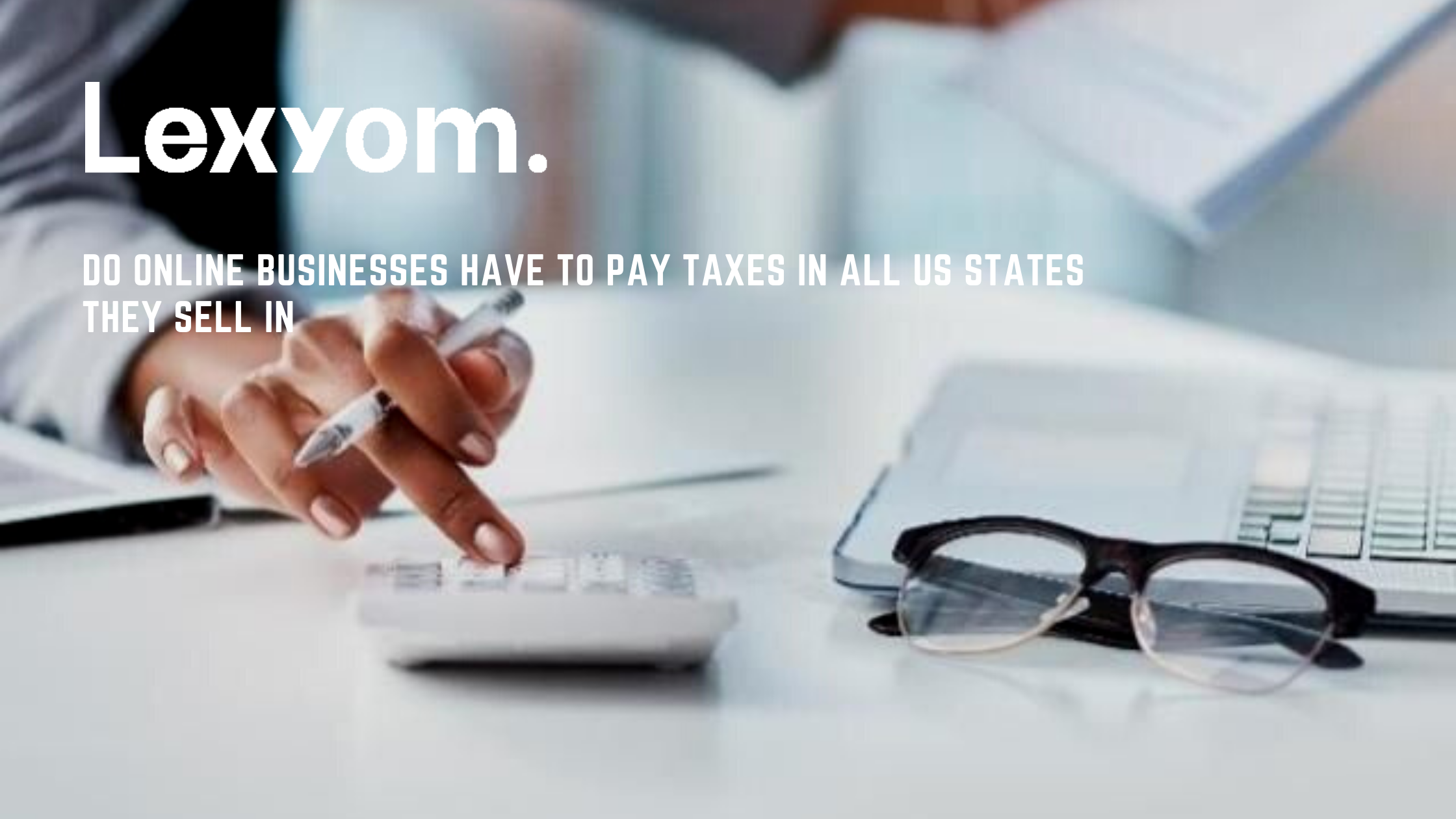One of the many concerns an online business or retailer may have is where to pay taxes.
Many years ago and before the vast proliferation of technology, business owners paid taxes in the states they were established and operated in, based on the physical presence rule. Therefore, the equation is simple: you operate in state X —–you will pay taxes in this state period.
But what about today?
One of the first eye-opener events that led business owners to question the place where they are liable for taxes was the “South Dakota Vs. Wayfair” lawsuit where the economic nexus was brought.
Businesses no longer pay taxes in the place they operate exclusively but have to pay taxes in other states even if no physical presence or operations were conducted there.
So, how does this really happen?
Basically, this economic nexus affects a lot of retailers and online businesses, but how? Does this mean every online business selling in a state should pay taxes and, more specifically, sales tax?
At first glance, this means illogical, like what I sell a couple of things in Alabama, for example, and therefore I should pay sales tax?
Of course not. The sales tax is governed and regulated in each state. Every state has its own rules when it comes to taxes.
Sales tax nexus is imposed whenever there is a link between the entity you are operating from and the taxing state you are selling in.
This leads to when this link between the retailer or online store is built with the taxing state and therefore will be liable to pay sales tax?
As we previously mentioned, every state has its own rules. Still, as a standard rule or a global outlook, the sales tax nexus exists whenever a business has more than 200 customers or made 100,000$ in sales in a state. For this reason, if a state has 300 customers in a state, it has to pay sales tax in this state because there is an economic nexus even if the business has no physical presence or operates its business there.
In addition to the taxes that a business has to pay where it is physically located and operates, it has to take into account the economic nexus. Whether it is accountable for sales tax in certain states, it is selling in. At first, it may sound simple and easy for certain businesses where they sell in one or two states. But what about retailers who sell in many states and have the economic nexus, and therefore have to register and file taxes? This operation can be very heavy on the business and distracting. For this reason, we advise you to visit lexyom.com and book an online consultation with a lawyer to guide you through the process.







